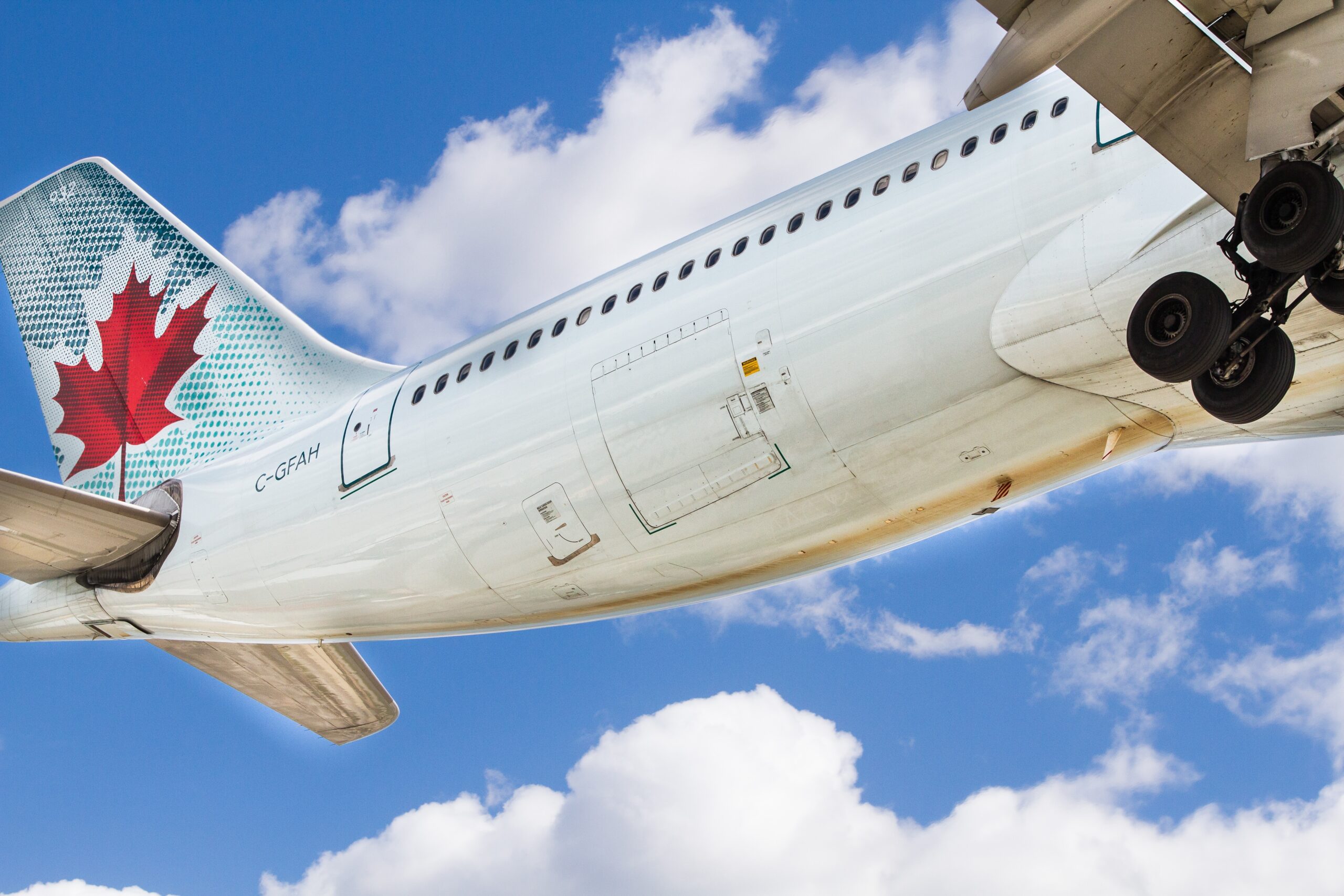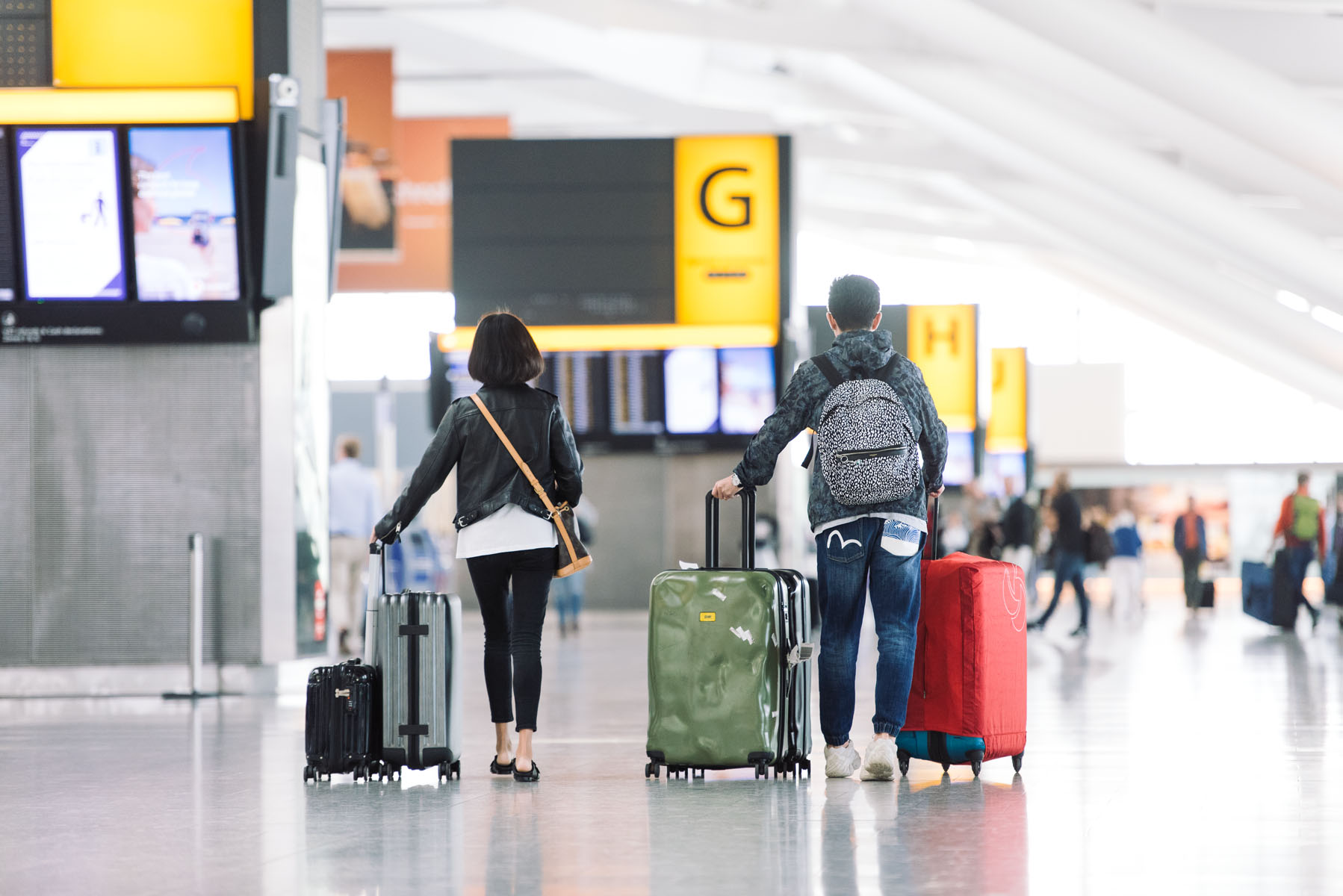Air Canada Sparks Francophone Outrage Over Language Service Failure
The airline may have breached Canada's bilingualism laws after a passenger complained about the service he received on a flight from Quebec to Florida
by Lauren Smith
April 19, 2023

Photo: Air Canada, Airbus A330-300. Courtesy of John McArthur / Unsplash.
A French-speaking passenger of Air Canada has recently made a startling claim against the airline. According to Jean-Pierre Beaudoin, he and his wife were boarding a flight from Quebec City to Fort Lauderdale when they were met with an unexpected greeting from the flight’s service director.
Instead of being welcomed in French—the official language of the province of Quebec—the two passengers were greeted in English. Beaudoin is now alleging that this failure to offer service in French during the flight could violate bilingualism laws in Canada.

Photo: Courtesy of CNW Group/Air Canada
This incident has stirred up much controversy and concern among francophone Canadians. As a country with two official languages, English and French, the protection and promotion of bilingualism is a critical issue in Canada.
Beaudoin informed the Flight Attendant in French that he wished to be addressed in that language. He later told Canadian French-language channel TVA Nouvelles that she replied in English: “Sir, this is my section. You have the right to leave the plane, or I will serve you.”
He alleges that a man, either an airport agent or Air Canada employee, boarded the plane and repeated that an English-speaking flight attendant could serve him, or he could choose to disembark and take another flight.
Beaudoin said: “It made my blood boil. I was thinking, ‘We’re in Quebec. The flight originates from Quebec.’ It wasn’t a choice for me to leave the plane.”
Beaudoin, who is bilingual but prefers to speak French, decided to remain on the plane “as a matter of principle” and only reply in French when addressed in English.

Air Canada’s Airbus A220-300. Photo: Courtesy of Air Canada
Following the flight, he complained to the Quebec Office of the French Language. He said he didn’t complain directly to Air Canada because he didn’t trust their complaints processes and preferred to escalate the matter to the language authorities.
Air Canada is subject to Canada’s Official Languages Act, which enforces official bilingualism in the country and requires services to be offered in English and French.
The carrier previously fell afoul of the law in 2019 when some signs aboard a domestic flight were found to be only in English or to give French less prominence. In that case, an Ottawa judge said the airline had “not upheld its linguistic obligations” and required it to pay the French-speaking complainants CA$21,000 (US$15,700).
The carrier’s CEO, Michael Rousseau, also drew controversy in 2021 when, during a press conference, he could not answer basic French questions despite living in Montreal for 14 years and responded insensitively to journalists. Rousseau later apologized before a parliamentary committee for his remarks.
Air Canada has been fined in other instances and has lost cases in front of Canadian courts and Human Rights Commissions for violations of language laws. However, most of its fines have come in cases with no bilingual cabin crew members aboard the flights.
On Beaudoin’s flight, two of three cabin members could speak French, although they were working in economy class, not business class, where he was seated.
Air Canada argues that “service in the two official languages was available and offered.”
“In this regard, it is false to claim that the only solution was to ask him to leave the aircraft since French-speaking staff members were able and available to serve Mr. Beaudoin in French,” a spokesperson for the airline said.
In 2016, Air Canada claimed that it offered service in both French and English on 85 domestic and 161 internal routes, 60 percent of which is required to provide bilingual service. It compared this to the 34 percent bilingualism rate of Canada’s 11,300 federal offices.



